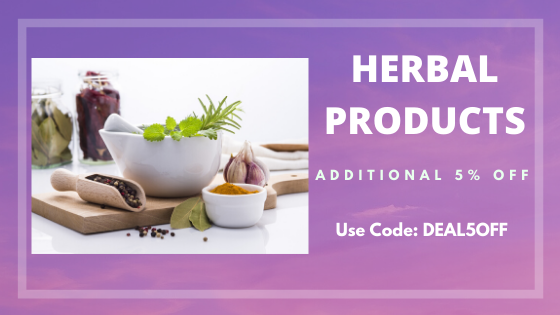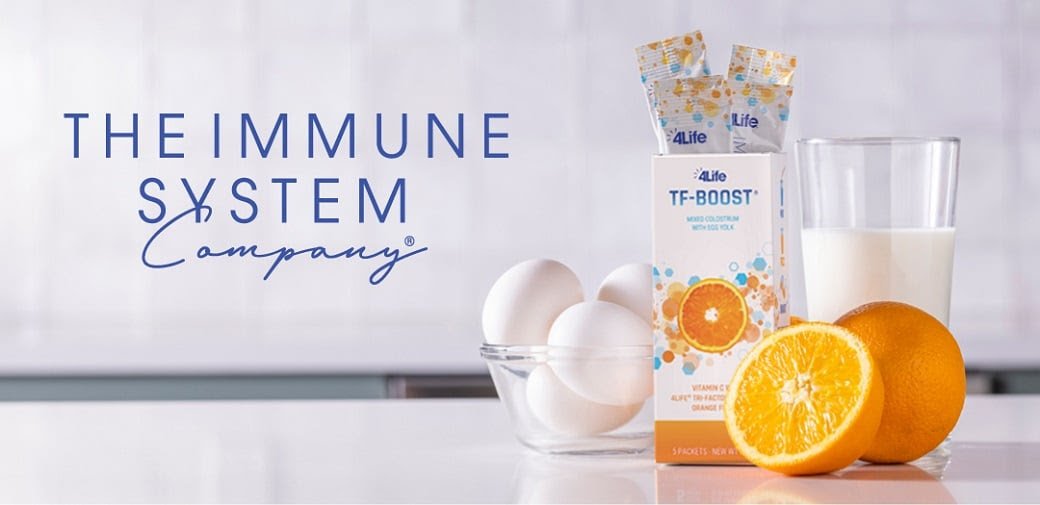[ad_1]
You probably have not given much thought to your zinc consumption unless you are in danger of a zinc deficiency. This is because the body does not require much Zinc, and most people may get enough through their food and a multivitamin.
According to the National Institutes of Health (NIH), the recommended daily amount for adult women is 8 milligrams (mg) and 11 milligrams (mg) for males. Zinc-rich foods like oysters, red meat, crab, and lobster, as well as supplements, can provide that amount.
However, some evidence suggests that taking Zinc in larger quantities as a supplement may benefit certain people. The majority of this evidence includes taking Zinc at far higher levels than you would get from food. It would be tough to consume more than 40 mg of Zinc per day unless you ate a few oysters every day.
According to the NIH, 40 mg of Zinc per day is the acceptable top-level deemed safe. Too much Zinc can cause complications such as copper shortage and anemia. It is also possible to overdo it.
What Foods Have Zinc?
Many foods, including meats and seafood, contain good amounts of Zinc, in addition to foods high in protein like beans and nuts. Whole grains and dairy products also contain Zinc that can help you balance out your diet.
Here are the top sources of Zinc that you can include in your diet:
Oysters have the highest zinc content of any food, with 74.1 milligrams in a 3-ounce portion of cooked, breaded, and fried oysters. That is 673 per cent of the daily average.
Zinc is abundant in red meat, particularly beef. 8.44 milligrams of Zinc are found in a 3-ounce serving of beef chuck roast.
Nuts are a terrific snack throughout the day, and many of them are high in Zinc, which is important for a well-balanced diet. For example, one box of cashews (56 grams) has 3 milligrams of Zinc. Cashews are a delicious way to get more Zinc throughout the day.
Zinc is found in large concentrations in legumes, such as beans and nuts. This vitamin can be found in abundance in chickpeas. The zinc content of one serving of chickpeas (100 grams) is 1.5 milligrams.
Zinc Health Benefits
Zinc is the body’s second-most prevalent trace mineral, behind iron, found in every cell. Zinc is required to operate more than 300 enzymes involved in metabolism, digestion, nerve function, and a variety of other functions. It also plays an important role in the development and function of immune cells.
Zinc provides several health benefits, according to research.
Zinc Is an Immune System Booster
Zinc aids in the maintenance of a healthy immune system. A lack of it can result in a weaker immune response because it is required for immune cell activity and cell signalling.
Zinc supplements increase the activity of specific immune cells while also reducing oxidative stress. For example, a review of seven trials found that taking 80–92 mg of Zinc per day can cut the length of a typical cold by up to 33%. Furthermore, zinc supplements help older persons minimize their risk of illness and boost their immune systems.
Zinc Promotes Wound Healing
Burns, some ulcers, and other skin lesions are often treated with Zinc in hospitals. This mineral is required for healthy healing since it is involved in collagen formation, immunological function, and inflammatory response.
In fact, your skin contains a significant amount of Zinc, accounting for roughly 5% of your total body zinc. While a zinc deficit can impair wound healing, using zinc supplements can help people recover faster.
In a 12-week study of 60 persons with diabetic foot ulcers, those given 200 mg of Zinc per day saw significant reductions in ulcer size compared to those given a placebo.
Zinc Helps Treat Acne Problems
Acne is a prevalent skin condition that affects up to 9.4 per cent of the world’s population. Acne is caused by the clogging of oil glands, microorganisms, and inflammation.
Both topical and oral zinc therapies have been shown to effectively cure acne by lowering inflammation, limiting the growth of the P. acnes bacteria, and suppressing oily gland activity, according to studies.
Zinc Boosts Sexual Health
Males with low zinc levels may experience delayed sexual development, reproductive troubles, and other sexual health problems.
According to the authors of a 2018 study, Zinc is necessary for male sexual health. Zinc’s antioxidant and hormone-balancing properties could be one reason for this.
While a zinc deficit might have negative consequences, too much Zinc can cause toxicity, impair sperm.
Can Zinc Cause a Rash?
Topical Zinc, like any other skincare product, can produce redness and irritation. The patch test can help you reduce your risk of side effects. If you get a rash or hives after using topical Zinc, stop using it. If you have sensitive skin, you may be more susceptible to adverse effects from topical Zinc.
Why Does Zinc Make Me Nauseous?
Zinc poisoning is frequently associated with nausea and vomiting.
According to a study of 17 studies on the effectiveness of zinc supplements for treating the common cold, Zinc may shorten the length of a cold, but it also has many side effects. In fact, 46% of survey participants said they felt nauseous.
Zinc for COVID Taste Loss
Losing taste is one of the indications and symptoms of zinc insufficiency. Taste loss is a typical complaint among common cold sufferers, and Zinc has been used to treat it in the past, but the results have been mixed.
COVID-19 may produce zinc insufficiency as a side effect of the infection, leading to taste loss and male hypogonadism in certain people, according to one idea. Zinc deficiency may be present in COVID-19 patients, according to some evidence.
Although treating this shortage with Zinc may be beneficial, the safety of Zinc for those patients may be a worry due to the lack of knowledge about this virus. We do not yet know how Zinc interacts with this unique virus, and more research and randomized control trials are needed.
Source link

